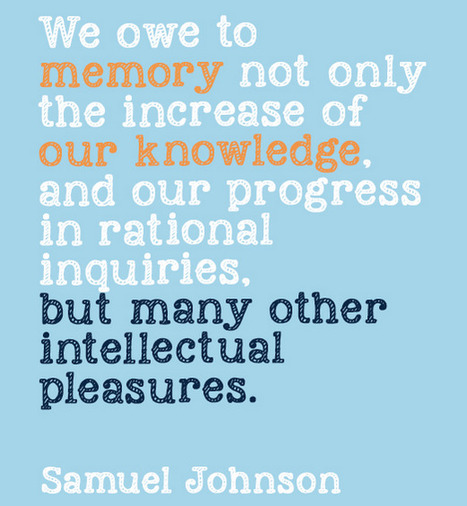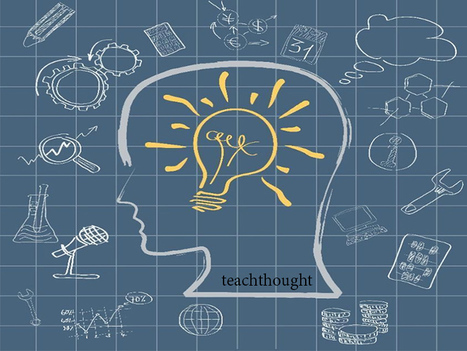"According to an article on Time.com about the best and worst learning techniques, active learning methods (e.g. writing) are far more useful for long-term retention than passive learning methods (e.g. highlighting or underline words).
One of the best ways? Surprisingly enough: flashcards, according to research from the Association of Psychological Science."



 Your new post is loading...
Your new post is loading...










Brain research has shown that recalling information is one of the best ways to learn. What better way to recall information than to use flashcards. This post, from Edudemic, shares three flashcards apps. It provides information on each, sharing features and providing a conclusion that may lead you to prefer one app over another.
Share this information with your students. Consider challenging them to create a set of flashcards that others could use to review.